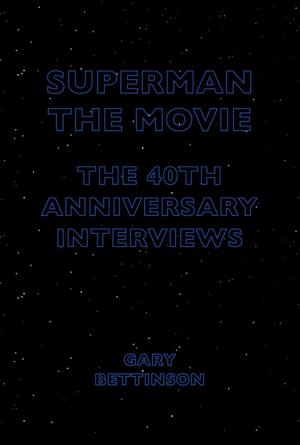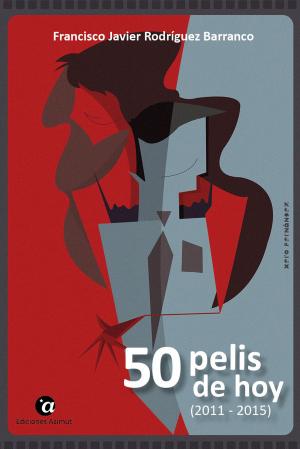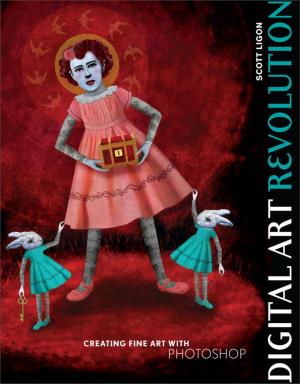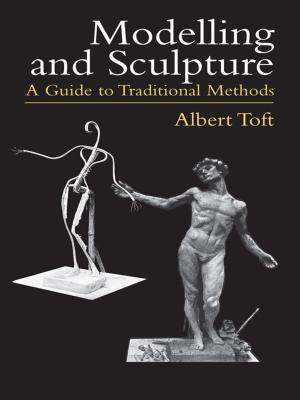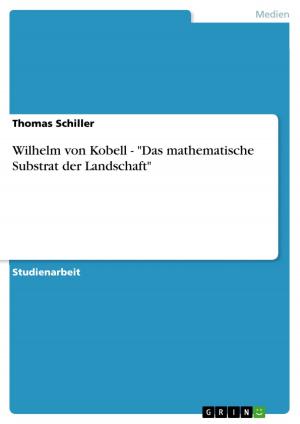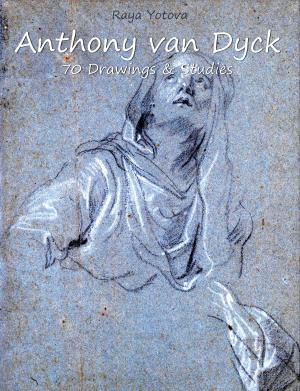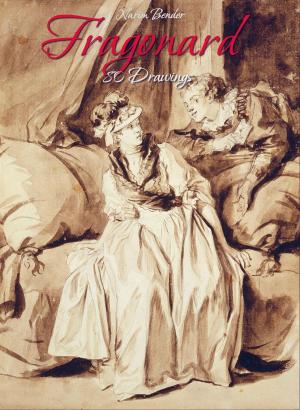| Author: | Raia Iotova | ISBN: | 9786050440089 |
| Publisher: | Raia Iotova | Publication: | May 17, 2016 |
| Imprint: | Language: | English |
| Author: | Raia Iotova |
| ISBN: | 9786050440089 |
| Publisher: | Raia Iotova |
| Publication: | May 17, 2016 |
| Imprint: | |
| Language: | English |
A dragon is a legendary creature, typically with serpentine or reptilian traits, that features in the myths of many cultures. There are two distinct cultural traditions of dragons: the European Dragon, derived from European folk traditions and ultimately related to Greek and Middle Eastern mythologies, and the Chinese Dragon, with counterparts in Japan, Korea and other East Asian countries.
The two traditions may have evolved separately, but have influenced each other to a certain extent, particularly with the cross-cultural contact of recent centuries. The English word Dragon derives from Greek drakon, "dragon, serpent of huge size, water-snake"
One of my ways to meditate is to draw.
In this little book I offer you my meditations focused on Wild Dragons.
A dragon is a legendary creature, typically with serpentine or reptilian traits, that features in the myths of many cultures. There are two distinct cultural traditions of dragons: the European Dragon, derived from European folk traditions and ultimately related to Greek and Middle Eastern mythologies, and the Chinese Dragon, with counterparts in Japan, Korea and other East Asian countries.
The two traditions may have evolved separately, but have influenced each other to a certain extent, particularly with the cross-cultural contact of recent centuries. The English word Dragon derives from Greek drakon, "dragon, serpent of huge size, water-snake"
One of my ways to meditate is to draw.
In this little book I offer you my meditations focused on Wild Dragons.


